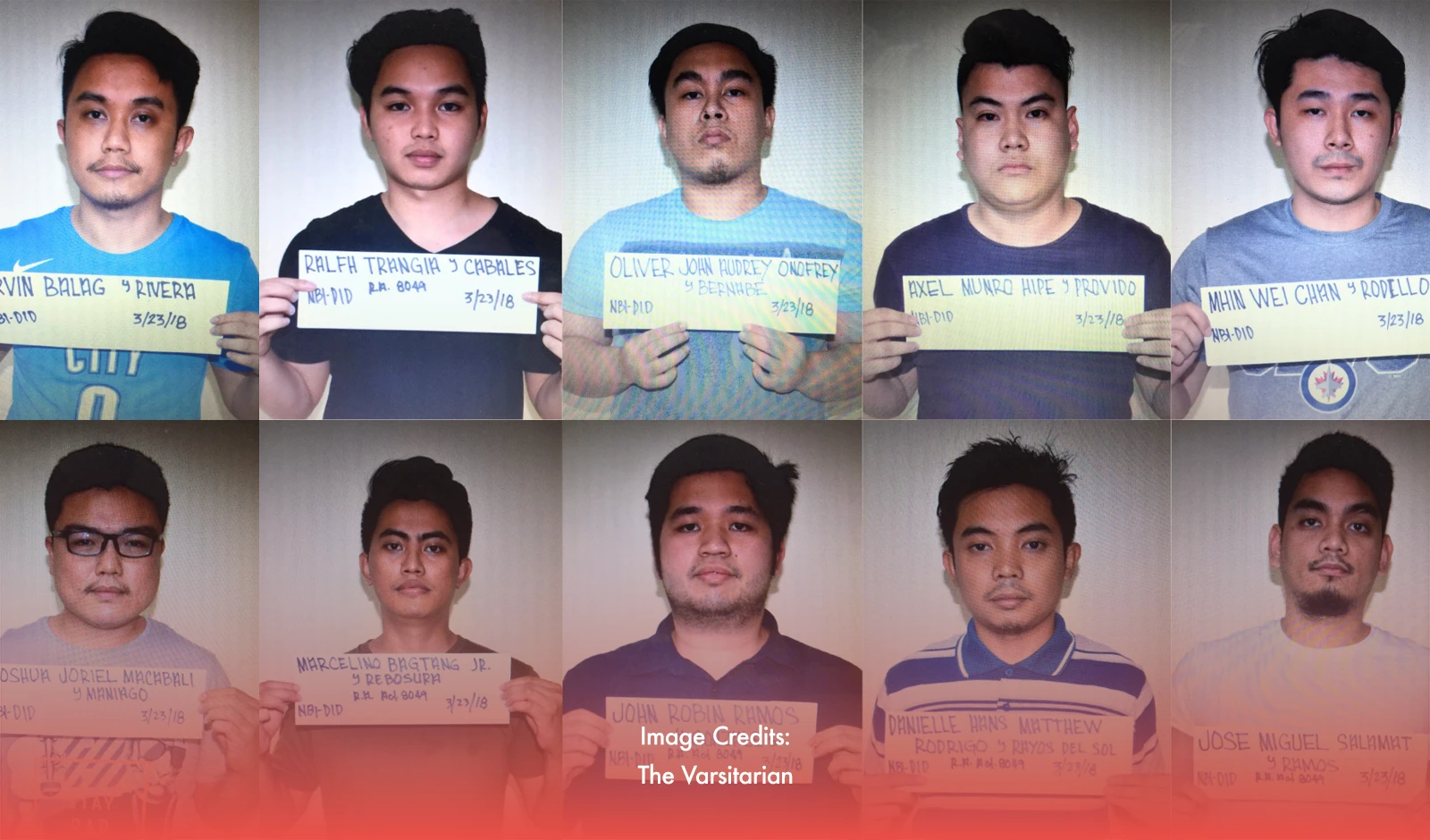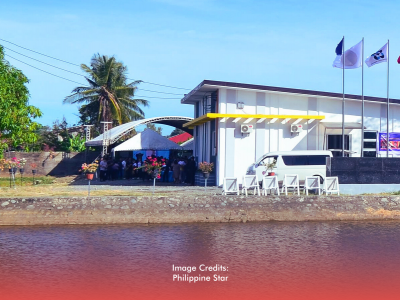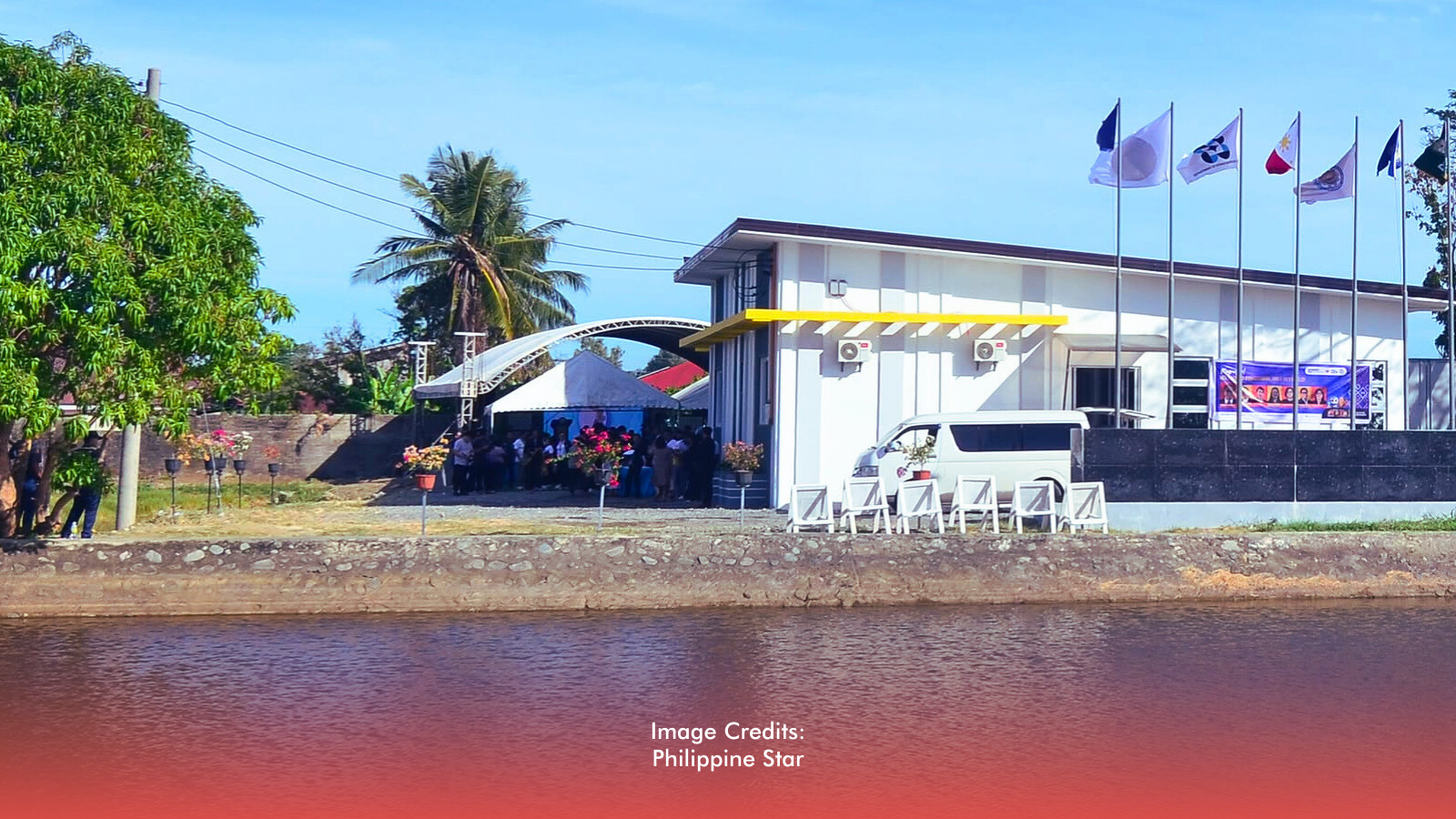On October 1, 2024, a pivotal moment in the fight against hazing in the Philippines occurred when the Manila Regional Trial Court Branch 11 convicted ten members of the Aegis Juris fraternity for their roles in the tragic death of University of Santo Tomas freshman Atio Castillo in 2017. This ruling emphasizes the dire consequences of hazing and the pressing need for accountability within fraternities and sororities.
Details of the Conviction
The court sentenced the fraternity members—Mhin Wei Chan, Jose Miguel Salamat, John Robin Ramos, Marcelino Bagtang Jr., Arvin Balag, Ralph Trangia, Axel Munro Hipe, Oliver Onofre, Joshua Macabali, and Hans Matthew Rodrigo—to reclusion perpetua, a prison term ranging from 20 to 40 years. Each member is also required to pay P686,800 in penalties, including civil indemnity and moral damages. Since May 2018, they have been in custody as they awaited trial outcomes. This decision follows the 2019 conviction of John Paul Solano, who was sentenced to two to four years for obstructing justice by taking Castillo to the hospital.
The Events That Shook a Community
Castillo's death serves as a chilling reminder of the dangers inherent in fraternity initiation rituals. On September 16, 2017, during what was supposed to be his final initiation, he endured severe paddle strikes that led to fatal injuries. He collapsed and was pronounced dead upon arrival at the hospital, with an autopsy revealing "severe blunt traumatic injuries." The incident ignited widespread outrage and prompted investigations, including a Senate inquiry into the fraternity and its affiliates.
The accused attempted to dismiss the charges in 2022, claiming insufficient evidence and attributing Castillo's death to a pre-existing heart condition. However, the court firmly rejected these defenses, underscoring the severity of their actions.
Legislative Response: The Anti-Hazing Law
In light of Castillo's death, the Philippine government enacted Republic Act 11053, the Anti-Hazing Law of 2018, which imposes stricter penalties and expands liability to those indirectly involved in hazing. Offenders now face imprisonment of 12 to 17 years and fines of up to P1 million.








